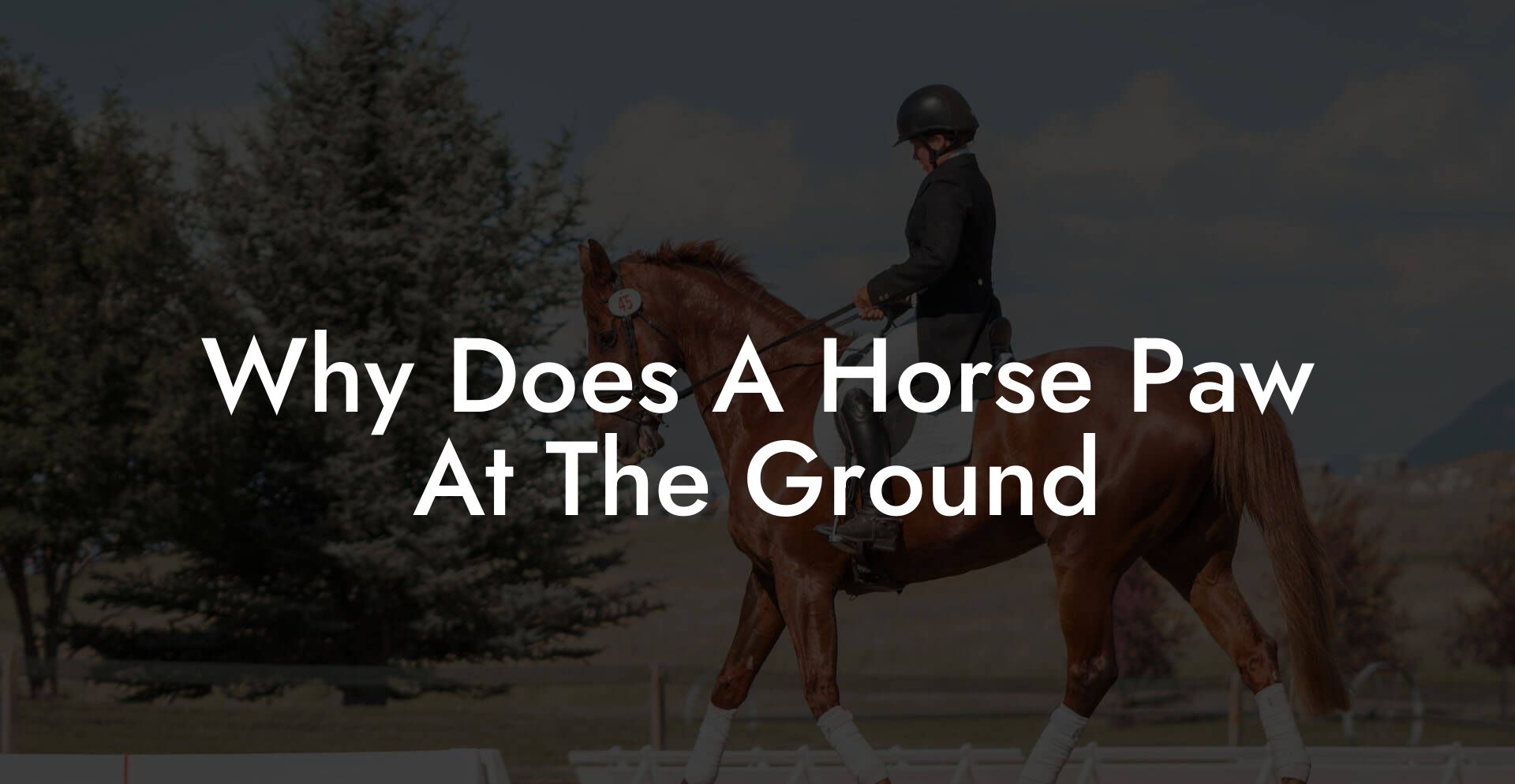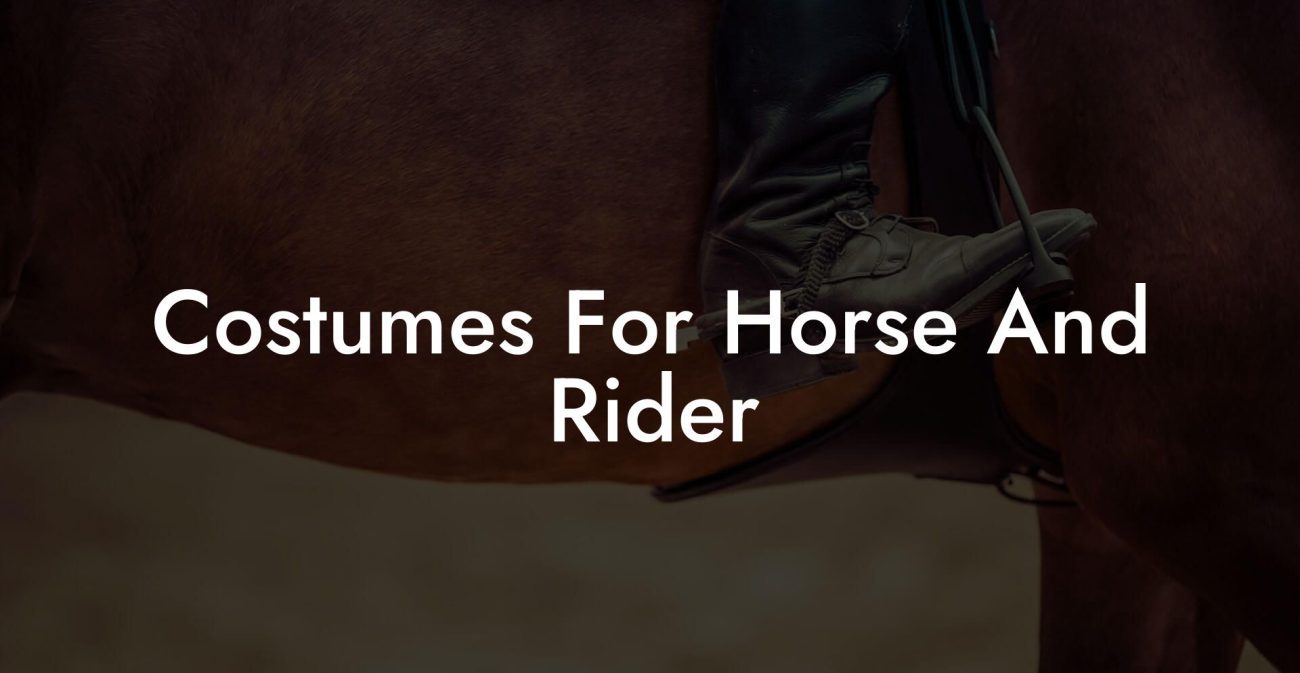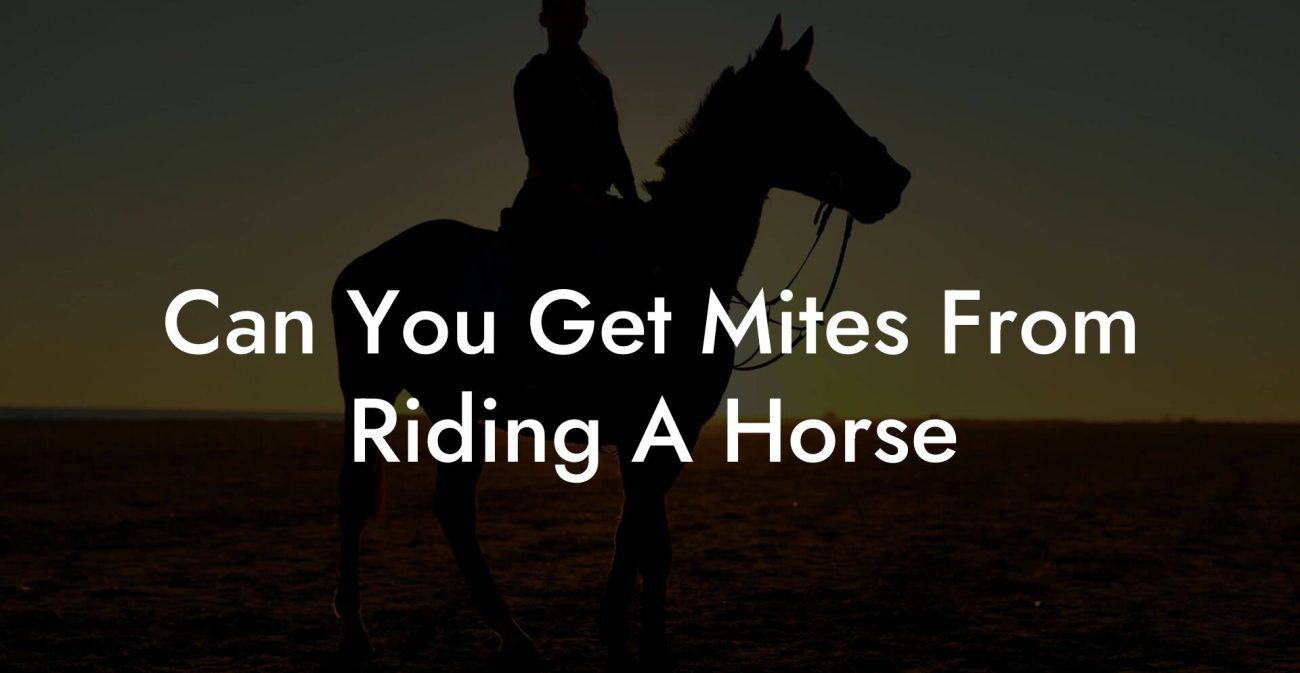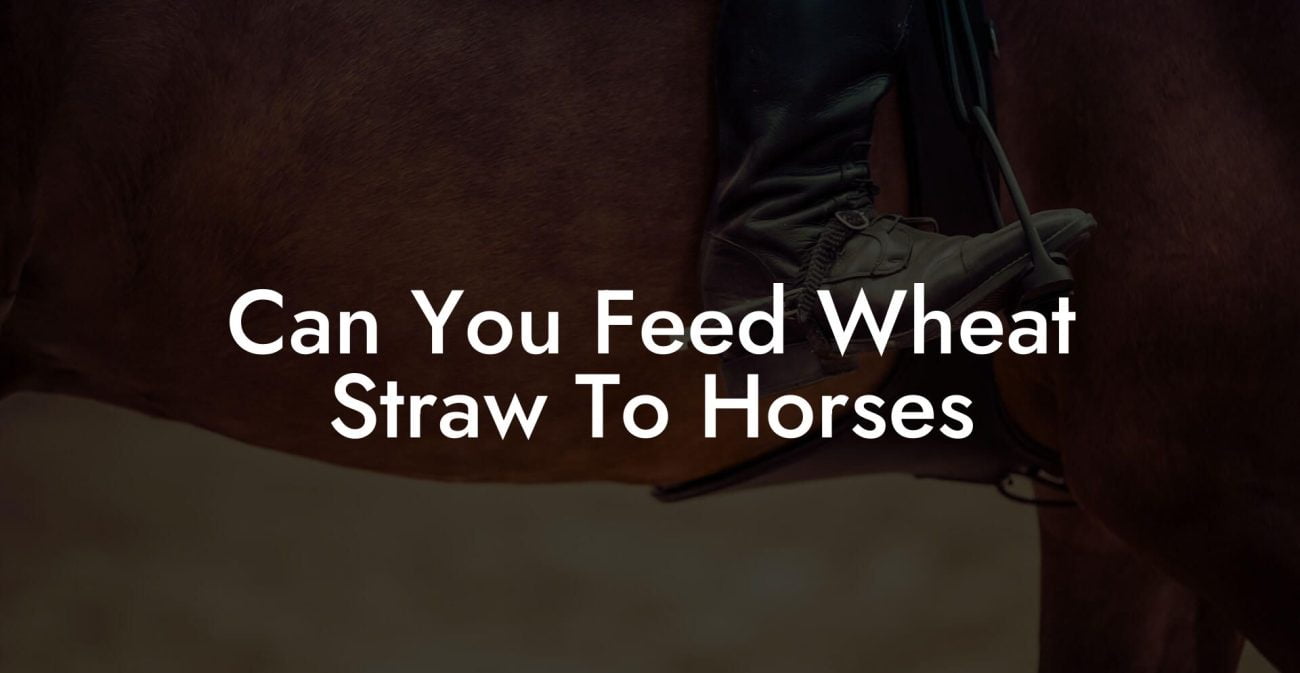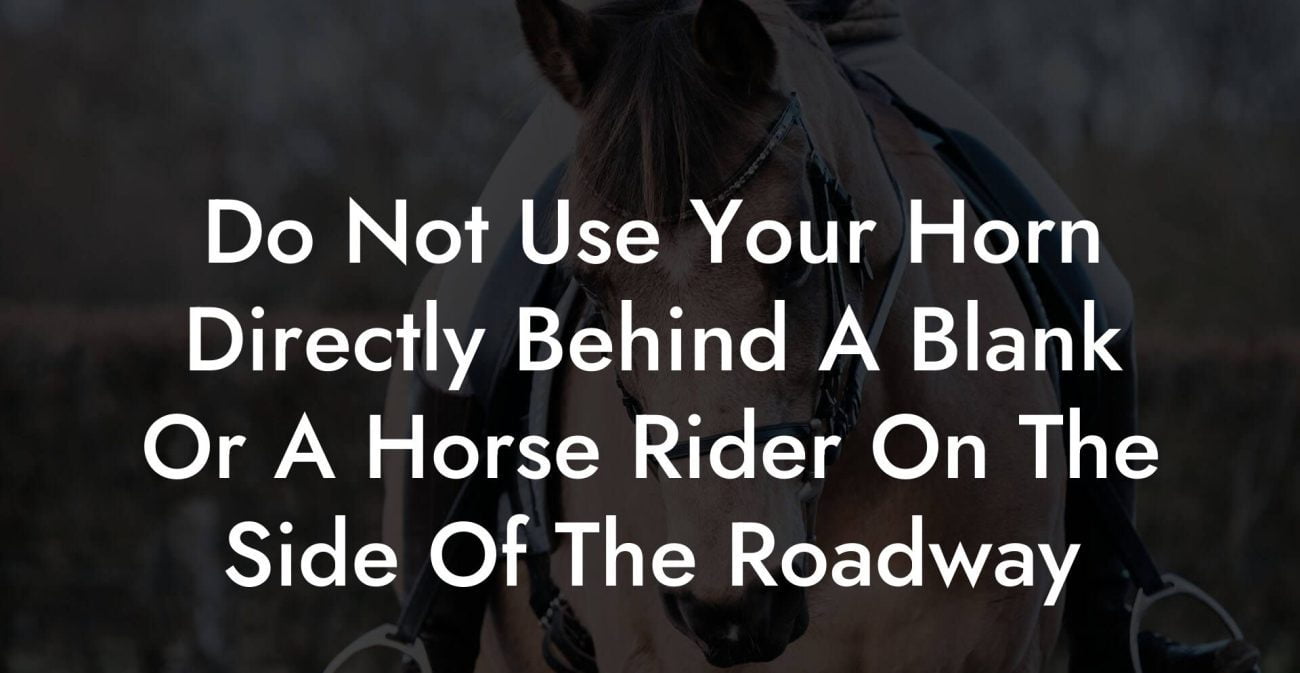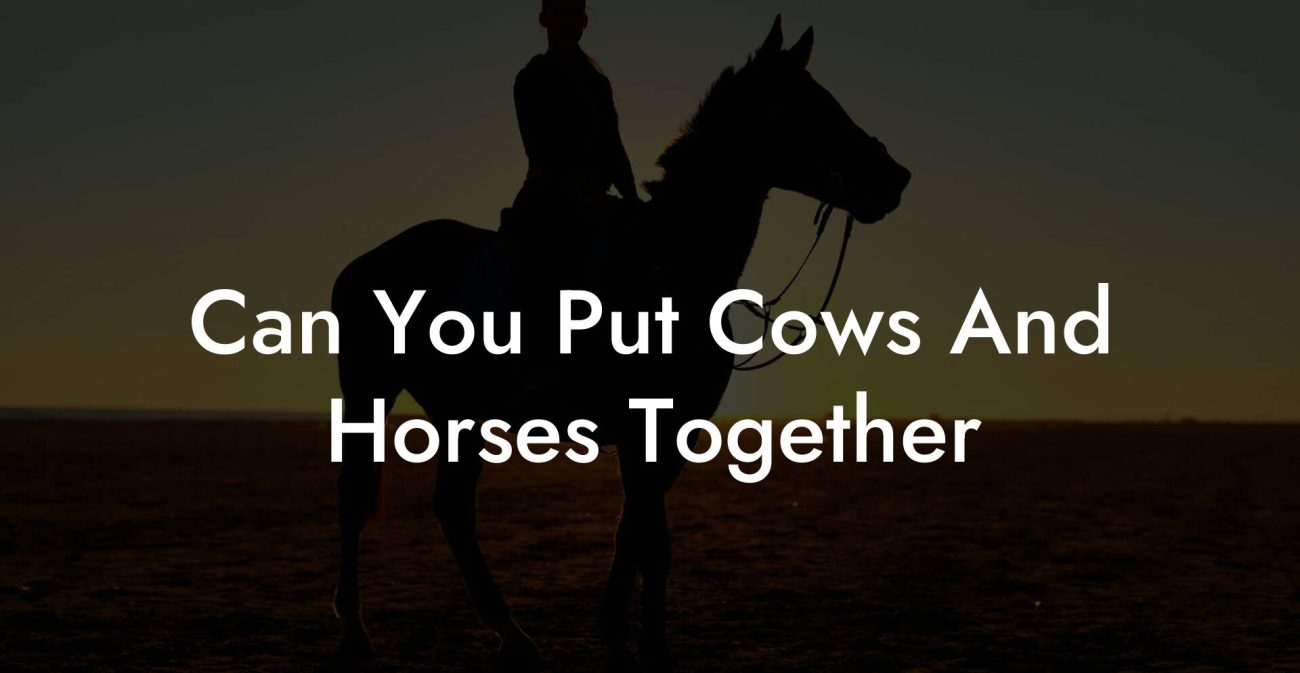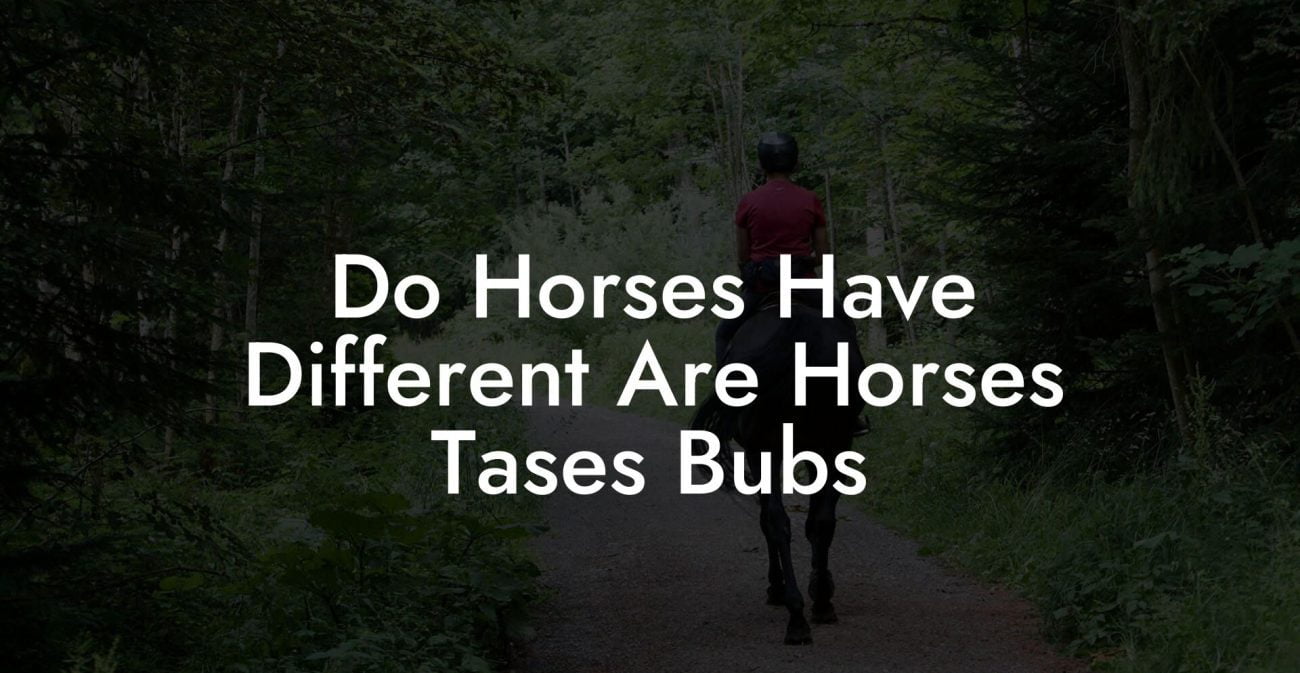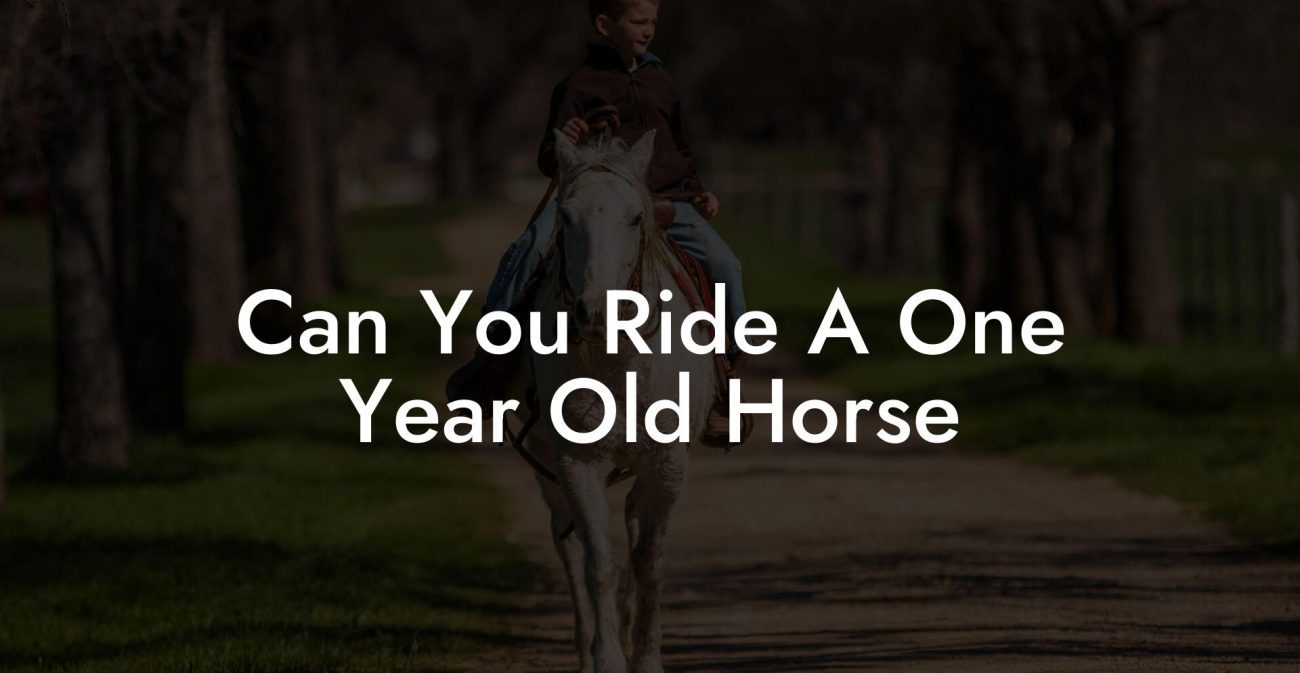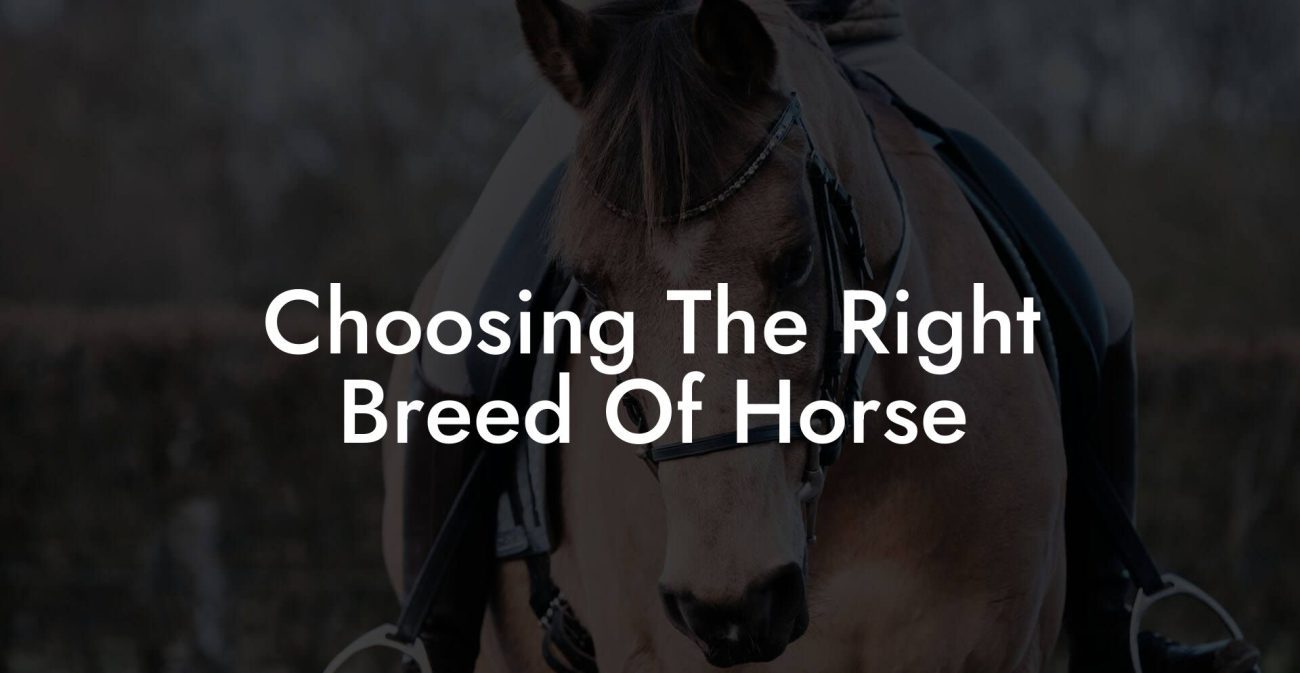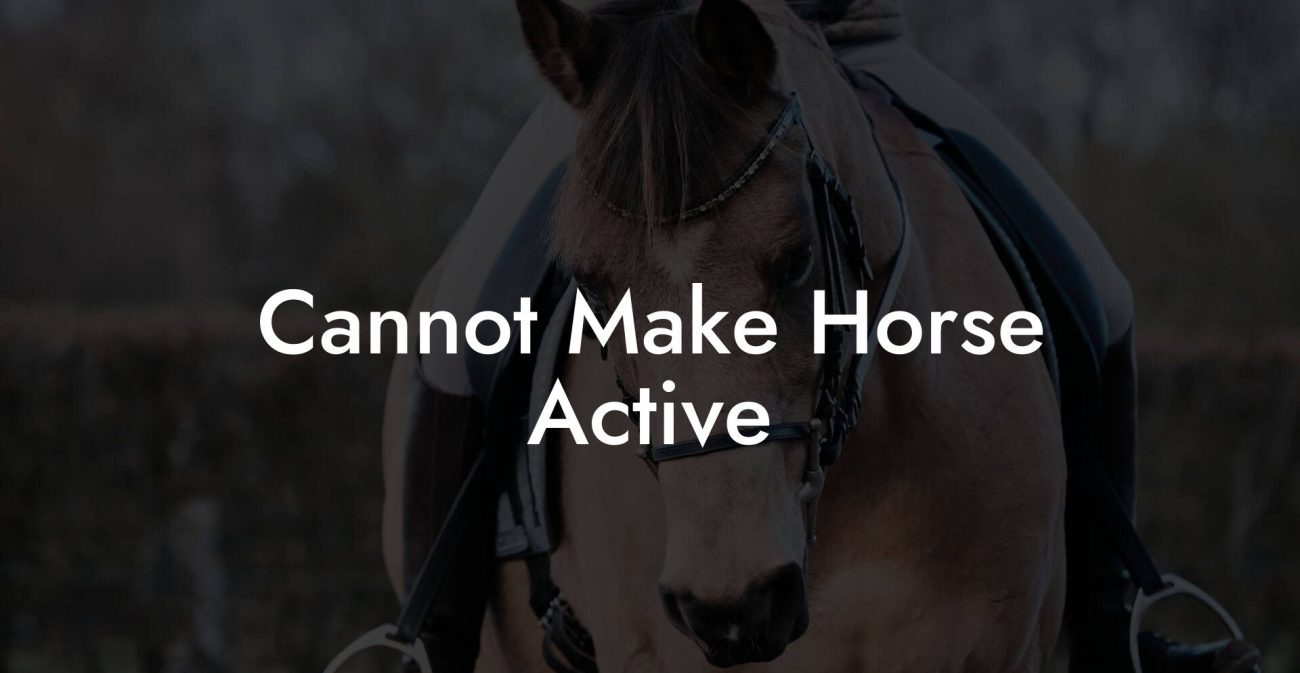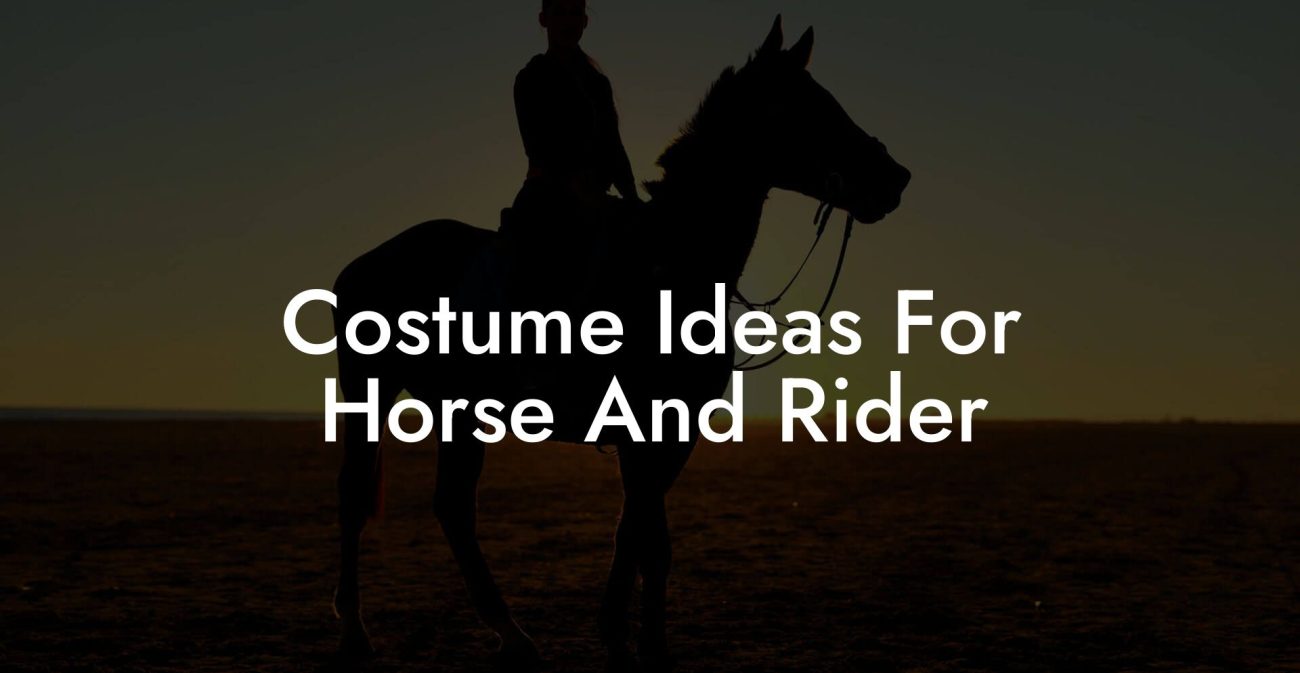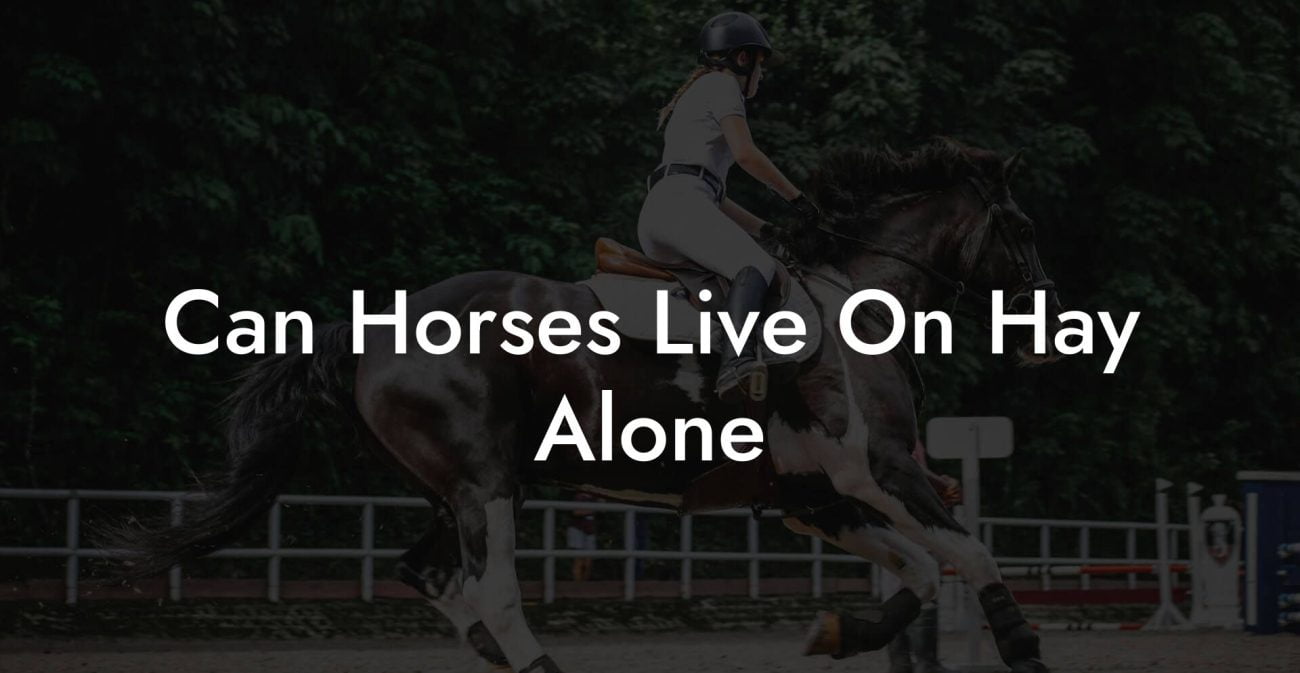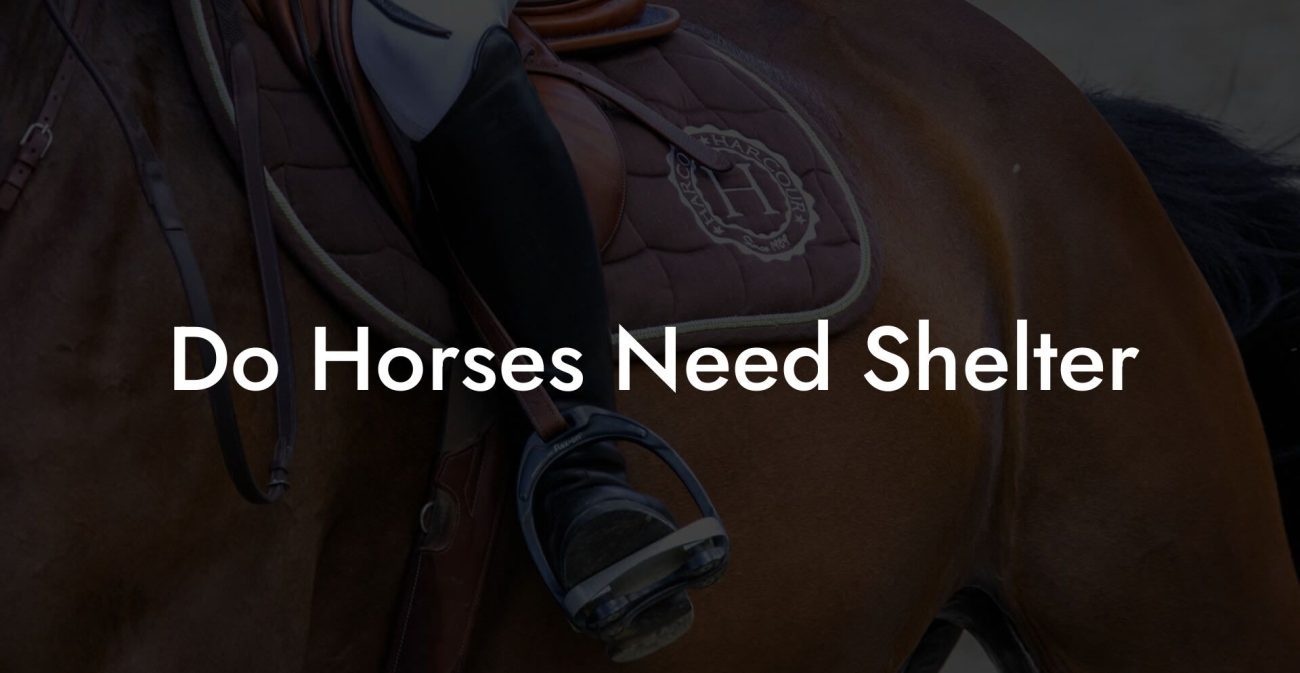Ever watched a horse furiously pawing at the ground as if it were swatting away invisible critters or urgently trying to send you a cryptic text? This quirky behavior, as bizarre as it may seem, speaks volumes about your equine buddy’s feelings, frustrations, and needs. If you’re a Gen-Z or millennial horse lover curious about why your majestic friend might suddenly morph into a little drummer on the dirt, you’re in the right place. We’re diving hoof-first into the surprising, sometimes humorous world of horse behavior to decode what it really means when a horse paws at the ground.
Quick Links to Useful Sections
- Understanding the Equine Psyche: Why Do Horses Paw?
- Decoding the Horse’s Language: Beyond Simple Pawing
- The Role of Environment
- Emotional and Psychological Factors
- Physical Reasons: Pain, Discomfort, or Itching?
- The Science Behind the Paw
- When Pawing Becomes a Problem: Unhealthy Patterns and Risk Factors
- Practical Tips for Horse Owners: Managing and Interpreting Pawing Behavior
- 1. Evaluate the Environment
- 2. Observe the Timing and Frequency
- 3. Check for Physical Discomfort
- 4. Engage Your Horse Mentally
- 5. Incorporate a Calming Routine
- 6. Consult a Professional
- Holistic horse care: Integrating Body, Mind, and Pasture
- When Does Paw Mean Pain? The Role of Veterinary Care
- Resources and Community Support: Your Next Steps
- Real-Life Stories: When Pawing Speaks Volumes
- Case Study 1: The Restless Rebel
- Case Study 2: The Sensitive Soul
- Case Study 3: The Drama Queen
- Holistic Approaches to Your Horse’s Well-Being: Bridging Science and Spirit
- Equine Training and Behavior Modification: Strategies for Change
- Positive Reinforcement Techniques
- Structured Daily Routines
- Behavioral Counselling and Professional Guidance
- FAQ: All Your Horse Pawing Questions Answered
- The Road Ahead: Embracing Your Horse’s Unique Ways
- Your Journey to a Happier, Healthier Horse
Understanding the Equine Psyche: Why Do Horses Paw?
Horses, like us, have moods, quirks, and all sorts of ways to express themselves. Pawing is a prime example of how this noble animal communicates beyond barks or neighs. But why exactly does a horse paw at the ground? The answer isn’t as straightforward as “it’s bored” or “it’s angry.” In fact, pawing can signal a mix of emotions and physical states, from anxiety and impatience to irritation and even playful curiosity.
When you see a horse using its front hooves to kick up dirt or scratch an itch, it might be trying to tell you something important about its environment or physical comfort. Let's break down the main reasons behind this behavior:
- Environmental Stress: An uneven or uncomfortable surface can prompt a horse to paw as it attempts to shift the ground around or find a more comfortable spot to stand.
- Anxiety and Frustration: Much like a human drumming their fingers in a boring meeting, a horse might paw when it’s feeling stressed, anxious, or frustrated.
- Attention-Seeking: In some cases, horses use pawing as a dramatic way to capture your attention - a quirky equine version of “Hey, look at me!” when they’re hungry, bored, or in need of a good scratch.
- Discomfort or Pain: Sometimes, the cause of pawing is as serious as an injury or a sore hoof. Horses might paw to alleviate pressure or as an unconscious reaction to discomfort.
- Inherent Instincts: Pawing can also be a natural instinct stemming from the horse’s wild ancestry. In the wild, horses might use their hooves to test the ground or clear debris to inspect their surroundings, so the action carries over into domestic life.
Understanding these facets of equine behavior can help you better read your horse’s mood and ensure that you’re meeting its physical and emotional needs, making for a happier, healthier companion.
Decoding the Horse’s Language: Beyond Simple Pawing
Just like a well-curated Instagram feed full of vibes and hashtags, a horse’s behavior is full of nuance and context. It’s not enough to see a hoof drumming the dirt; you have to look at the whole picture. Let’s dive into some nuanced scenarios:
The Role of Environment
The setting in which your horse is living can significantly impact how and why it paws. For instance, horses stabled on hard, compact surfaces may paw simply because the ground is uncomfortable. They might also be reacting to changes in weather, such as wet or icy conditions, which can make footing less secure and trigger a pawing response as they try to maintain stability.
Consider the layout of your arena or pasture. Is the ground too muddy in one area? Is there too much dust from dried earth? Each of these factors might make your horse’s feet itchy or painful, leading it to paw compulsively. And sometimes, the pawing behavior is the horse's way of re-arranging its space, like re-decorating a room when you’re not happy with your surroundings.
Emotional and Psychological Factors
Horses, much like your favorite social media influencers juggling work, relationships, and personal drama, can experience a rollercoaster of emotions. When faced with sudden changes, like the introduction of a new stable mate or simply a change in routine, a horse might resort to pawing as a physical manifestation of internal stress.
Anxiety and frustration in horses can sometimes be linked to boredom or insufficient mental stimulation. If a horse spends too much time idly grazing or confined in a stall, its pent-up energy might find an outlet in repeated pawing. It’s a bit like when you’ve been scrolling through memes for hours and then suddenly feel the urge to hop around – sometimes, you need to channel that restless energy.
Physical Reasons: Pain, Discomfort, or Itching?
Not every case of pawing is just an expression of mood. Sometimes, your horse is trying to tell you something is physically off balance. For example, if your horse is suffering from an injury or has an issue with its hooves, such as cracks, bruising, or other hoof-related ailments, it may paw to indicate that it’s uncomfortable or in pain.
Hoof care is critical, and if you notice an uptick in pawing behavior along with other signs of discomfort (like a change in gait, reluctance to move, or sensitivity when touched), it’s time to call your veterinarian or farrier. After all, even the trendiest sneakers can’t save you from a sprained ankle – and the same goes for horses!
The Science Behind the Paw
Now that we’ve covered the what and why from a behavioral standpoint, let’s get a bit nerdy and look at the science behind this action. Horse hooves are marvels of biological engineering, built to endure a variety of terrains. However, they’re also sensitive instruments that can signal when something isn’t quite right, much like that moment when you realize your favorite app just updated its interface – and suddenly nothing feels comfortable.
The muscles and tendons in a horse’s leg work in perfect harmony with its hooves to support its weight. When a horse paws, it often releases pent-up tension or attempts to adjust its stance for better balance. This behavior can be comparable to us stretching after sitting in a cramped position. The repetitive motion of pawing is sometimes a subconscious effort to stimulate blood flow in the legs or to reposition the weight distribution on a sore hoof.
Additionally, hormonal fluctuations driven by stress can trigger more acute responses in horses. Just like how your heart rate might spike during an awkward Zoom call, a sudden stressor can cause a horse to paw, kicking up dust as it tries to manage a surge of adrenaline.
When Pawing Becomes a Problem: Unhealthy Patterns and Risk Factors
While a little pawing can be a normal part of a horse’s day-to-day behavior, it can become a problem when it morphs into a compulsive habit. Similar to how you might tap your foot incessantly during a boring lecture, excessive pawing can lead to issues like exhausted muscles, blisters, or even more severe hoof damage.
Here are some red flags to watch out for:
- Persistent Pawing: When your horse paws at the ground incessantly, even during rest or sleep, it might be a sign of underlying stress or chronic discomfort.
- Accompanied Behavioral Changes: If pawing is coupled with signs of anxiety (such as sweating, elevated heart rate, or refusal to be handled), it’s time to investigate further.
- Physical Signs of Discomfort: Look out for visible signs of pain, like a limp, sensitivity in a particular leg, or abnormal hoof wear. These can all signal that the pawing is linked to a physical issue rather than mere boredom.
If you notice these signs, it might be beneficial to consult with equine professionals who can help you navigate the next steps in addressing your horse’s needs.
Practical Tips for Horse Owners: Managing and Interpreting Pawing Behavior
Dealing with a pawing horse can be a bit like trying to fix your favorite glitchy app – it requires attention to detail, a calm approach, and sometimes a little bit of tech support (in this case, equine expertise). Here are some actionable tips to help you manage and interpret this behavior:
1. Evaluate the Environment
Start by taking a close look at your horse’s surroundings. Is the footing in the stall or pasture too hard? Consider laying down extra bedding or using more cushioned surfaces to alleviate any discomfort. Sometimes, a simple tweak to the environment can reduce the compulsion to paw.
2. Observe the Timing and Frequency
Keep a diary or log of your horse’s pawing habits. Note the time of day, the surrounding conditions, and any other behaviors that occur simultaneously. Patterns can help you discern whether pawing is linked to anxiety, boredom, or a physical issue. For instance, is your horse more likely to paw right before feeding time, or does it occur independently of the schedule?
3. Check for Physical Discomfort
Regular hoof inspections are a must. Look for signs of damage, bruises, or dirt buildup that might be causing irritation. If you’re not comfortable doing this yourself, enlist the help of a farrier or veterinarian for a thorough examination.
4. Engage Your Horse Mentally
Horses are intelligent, social creatures that can be as bored as a student during a monotonous online lecture. Derive a bit of creative energy by introducing new activities, toys, or training sessions. Engaging your horse’s mind could significantly cut down on anxious or attention-seeking pawing.
5. Incorporate a Calming Routine
Stress management isn’t just for humans. Consider introducing calming techniques into your horse’s routine, such as regular grooming sessions, gentle massage, or even strategic breaks that allow your horse to relax in a quiet, low-stimulus environment.
6. Consult a Professional
If you suspect your horse’s pawing is linked to pain, discomfort, or severe anxiety, don’t hesitate to consult with a veterinarian or equine behaviorist. Professional guidance can help you develop a targeted plan that addresses both the underlying causes and the symptoms.
Holistic horse care: Integrating Body, Mind, and Pasture
Just as you wouldn’t rely solely on one app to manage your entire digital life, effective horse care requires a holistic approach. This means addressing your horse’s physical, mental, and even social needs. Integrating a variety of care practices can dramatically reduce undesirable behaviors like pawing.
First, consider the importance of a balanced diet. A nutrient-rich, well-balanced diet provides the energy your horse needs for optimal performance and helps prevent discomfort related to poor nutrition. Supplementing with appropriate vitamins and minerals can also promote robust hoof health, minimizing the urge to paw out of irritation.
Next, consider regular exercise not just as a means of maintaining physical health, but as an essential outlet for mental stimulation. Whether it’s trail riding, arena exercises, or interactive training sessions, engaging your horse in varied activities can reduce restless energy. Much like how you vibe better after a good session of yoga or dancing to your favorite playlist, your horse benefits from physical movement that’s both fun and functional.
Furthermore, social interaction is paramount. Horses are herd animals and thrive on the presence of other horses. Keeping your horse socially engaged, when possible, can alleviate signs of anxiety and stress. If stable companionship isn’t available, consider more frequent opportunities for turnout or even sound enrichment with soothing music.
Combining proper nutrition, engaging exercise, and ample social time provides a comprehensive strategy to boost overall well-being. It's the epitome of holistic horse care, addressing the beast's entire lifestyle rather than simply treating troubling symptoms like pawing.
When Does Paw Mean Pain? The Role of Veterinary Care
As much as we love our four-legged friends for their quirky behaviors and unspoken charm, sometimes what looks like a harmless habit is actually a sign that something is seriously off. If your horse is showing additional signs of distress, such as limping, a reluctance to move, or any change in demeanour, it’s crucial to seek veterinary advice immediately.
A veterinarian can conduct a thorough evaluation to rule out conditions such as laminitis, hoof bruises, or even internal issues that might be causing pain. In many cases, early intervention prevents the small issue from becoming a catastrophe. This proactive approach is not only beneficial for your horse’s health but also saves you from potential long-term complications down the road.
Regular check-ups with your vet and farrier are key to ensuring that your horse’s hooves remain in prime condition. Think of it as the equine version of your regular self-care routine: a little preventive care goes a long way in keeping those hooves, and your horse’s behavior, in check.
Resources and Community Support: Your Next Steps
Embarking on the journey to decode and address your horse’s pawing behavior doesn’t have to be a solo ride. There’s a wealth of resources available, both online and in-person, that can provide support, advice, and community connections.
Explore online forums, social media groups, and local equine clubs where fellow horse enthusiasts share their breakthroughs and setbacks. Platforms like YouTube, Instagram, and TikTok are brimming with expert tips, training videos, and real-life success stories that inject humor and wisdom into everyday horse care.
Additionally, many leading equine care websites provide in-depth articles, webinars, and interactive Q&A sessions with veterinarians, farriers, and experienced trainers. Subscribing to newsletters or joining community events can keep you in the loop with the latest trends in feeding, grooming, and behavioral strategies for your horses.
Remember that every horse is a unique blend of stubborn charm and wild spirit, so use these resources as guides rather than strict manuals. Tailoring your approach to suit your horse’s specific needs and personality is the ultimate key to success.
Real-Life Stories: When Pawing Speaks Volumes
Let’s take a moment to share some real-life tales from horse enthusiasts who have navigated the puzzling world of pawing behavior with humor, persistence, and expert care.
Case Study 1: The Restless Rebel
Meet Bella, a sprightly mare with a habit of pawing that left her owner scratching their head every morning. Initially chalked up as mere boredom, Bella’s repetitive pawing turned out to be a cry for more engaging exercise and social interaction. After her owner revamped her daily routine, introducing longer trail rides and regular playtime with other horses, Bella’s pawing decreased dramatically. Her owner now jokes that Bella just needed a “live-action game of tag” to keep her happy.
Case Study 2: The Sensitive Soul
Then there’s Duke, a gentle giant who started pawing after a minor injury that went unnoticed for weeks. His pawing wasn't just a sign of restlessness; it was his way of telling his caretaker, “Something’s not right here!” After a thorough check-up and proper hoof care, Duke's condition improved, showing just how crucial it is to pay attention to these small signs. His recovery journey is often cited in equine communities as a classic example of why proactive veterinary care is essential.
Case Study 3: The Drama Queen
Last but not least, there’s Star, a horse with a flair for the dramatic. Star’s over-the-top pawing and theatrical kicks were initially a source of amusement, until they began interfering with training sessions. By introducing structured routines, mental stimulation exercises, and a comfortable environment, Star learned to channel her exuberance into positive behaviors. Her transformation from drama queen to well-adjusted equine star is now a favorite tale at local equine events.
These real-life stories underline one thing: while pawing can sometimes be a natural part of horse behavior, it’s the context and frequency that dictate whether it’s a sign of contentment or a cry for help. And if a bit of extra care can turn a pawing horse into a happier, healthier member of your herd, then it’s definitely worth the extra attention.
Holistic Approaches to Your Horse’s Well-Being: Bridging Science and Spirit
In the spirit of innovation and holistic care, understanding and managing your horse’s behavior can be both an art and a science. Marrying advanced veterinary insights with a holistic approach means not only treating the immediate behavior but also ensuring a harmonious environment for your horse’s physical and emotional well-being.
Holistic horse care emphasizes the importance of mental stimulation, a balanced diet, regular physical activity, and a stress-free environment. Just as you might curate a playlist to uplift your mood on a gloomy day, mixing in varied activities and supportive care methods can transform your horse’s daily experience.
Equine holistic care also extends to the simple joys of life – a gentle grooming session, a quiet moment in the pasture, or even the sound of soft music playing in the barn. These small touches create an atmosphere where your horse feels valued, understood, and ready to engage positively with its environment.
Ultimately, blending conventional wisdom with modern, holistic approaches empowers you to not just manage behaviors like pawing, but to unlock your horse’s full potential for a healthy, vibrant life.
Equine Training and Behavior Modification: Strategies for Change
If your horse’s pawing behavior has become a nuisance or even a potential health concern, it’s time to think about behavior modification strategies that work with your horse’s natural instincts rather than against them. Training isn’t about suppressing the behavior, it’s about offering alternative outlets that meet the same needs in a healthier way.
Positive Reinforcement Techniques
Positive reinforcement remains one of the most effective strategies in equine training. Reward your horse with treats, praise, or extra turnout time when it exhibits calm, controlled behavior rather than pawing.
Using clickers or verbal praise during training sessions can help reinforce the idea that calm behavior leads to positive outcomes. Over time, your horse will learn that staying still or engaging in alternative behaviors is a lot more rewarding than pawing at the ground.
Structured Daily Routines
Horses, much like us during a hectic day of remote meetings and digital notifications, benefit from structure and predictability. Establish clear routines for feeding, exercise, grooming, and rest. A predictable schedule can reduce anxiety and the impulse to paw impulsively.
By incorporating set training sessions, you not only curb undesirable behaviors but also build a deeper bond with your horse, as you both thrive in the predictability of a well-managed day.
Behavioral Counselling and Professional Guidance
When stubborn habits seem impossible to break, turning to a professional equine behaviorist might be your best bet. These experts can assess your horse’s personality, environment, and daily routine to recommend targeted interventions. Their insights can provide a unique roadmap tailored specifically for your horse, ensuring that every step you take is guided by professional expertise.
Remember, every horse is unique. Just as there’s no one-size-fits-all approach to creating the perfect meme, there’s no universal training solution. Tailor your methods to match your horse’s temperament and daily rhythms to achieve lasting results.
FAQ: All Your Horse Pawing Questions Answered
We know you’ve got questions. Below you’ll find some frequently asked questions that delve deeper into the phenomenon of equine pawing. Dive in to learn more about what these mysterious hooves are really trying to tell you.
1. Why does my horse paw at the ground so frequently?
Your horse may be pawing due to a range of reasons, from environmental discomfort and boredom to anxiety and physical pain. Observing patterns and context is key to determining the exact cause.
2. Can pawing be a sign of serious pain or injury?
Yes, while pawing often results from minor irritations or behavioral habits, persistent and excessive pawing accompanied by other signs (like limping or reluctance to move) could indicate pain or injury. A vet check is advised if you suspect discomfort.
3. How do I know if my horse is pawing out of boredom?
If your horse is pawing in an otherwise comfortable environment without signs of physical distress, it could be a manifestation of boredom or the need for more mental stimulation. Increasing exercise and social interaction can often alleviate this behavior.
4. What environmental factors contribute to pawing behavior?
Hard, uneven, or overly dusty ground surfaces can prompt a horse to paw as it seeks comfort or tries to adjust its footing. Evaluating the stable, pasture, and turnout environments for comfort can help reduce this behavior.
5. Can changes in routine or social dynamics trigger pawing?
Absolutely. Horses are sensitive to change. Alterations in routine, the introduction of new horses, or sudden changes in the stable environment can lead to stress, manifesting in behaviors like pawing.
6. How can I help reduce my horse’s pawing behavior?
Enhancing environmental comfort, providing mental stimulation through varied activities, maintaining a structured routine, and ensuring regular hoof care can significantly reduce excessive pawing. Professional behavioral guidance might also be needed for persistent cases.
7. Is pawing behavior normal in all horses?
Some level of pawing is normal as it reflects natural, instinctual behavior. However, changes in frequency or intensity may indicate underlying issues that need attention.
8. Could dietary factors affect pawing behavior?
Yes, a balanced diet that supports hoof health and overall energy levels is crucial. Deficiencies or imbalances might indirectly contribute to discomfort or restlessness, which in turn can result in increased pawing.
The Road Ahead: Embracing Your Horse’s Unique Ways
Understanding why your horse paws at the ground isn’t just about nailing down a list of symptoms or treatments, it’s about forging a deeper connection with your animal companion. In every paw, there’s a story; in every kick of dirt, there’s a message waiting to be decoded by someone who cares enough to look beyond the surface.
Whether your horse is pleading for a softer stall, expressing its inner anxiety, or simply enjoying an instinctual ritual, take a moment to appreciate the uniqueness of its behavior. Every horse has its quirks, and each one offers you the opportunity to learn and grow together.
Embrace this journey with a sense of humor and curiosity. As you refine your approach to horse care, ensuring that every tweak in habitat, every session of grooming, and every moment of calm interaction is thoughtfully planned, you’re not just addressing pawing behavior; you’re creating a nurturing environment where your horse can thrive.
Take these insights and practical tips, infuse them with your unique style and personality, and let them guide you on the path to becoming the best equine caretaker you can be. Because at the end of the day, every paw that taps the ground is a reminder of the beautiful, complex soul that trusts you with its care.
Your Journey to a Happier, Healthier Horse
Are you ready to turn the page on confusion and frustration into a journey of understanding and care? The next step is simple: put yourself in your horse’s shoes (or hooves) and address the root causes of its behavior with informed, holistic strategies. Whether you’re updating the living conditions, tweaking the diet, or revamping the daily routine, every small change brings you one step closer to a content, well-cared-for horse.
Remember, the journey to a happier horse is as rewarding for you as it is for your equine friend. By embracing modern insights combined with timeless care, you’re setting the stage for a bond built on mutual understanding, empathy, and the occasional well-timed kick, or gentle paw.
So, keep exploring, keep questioning, and above all, keep loving your horse for all the wild, wonderful reasons it expresses itself. After all, decoding the language of hoof beats might just be the beginning of an even deeper connection.
Your journey to understanding is a continuous ride filled with learning, laughter, and the occasional muddy hoof print. Embrace it wholeheartedly, and watch as both you and your horse flourish in a world where every tap of the hoof carries meaning.

